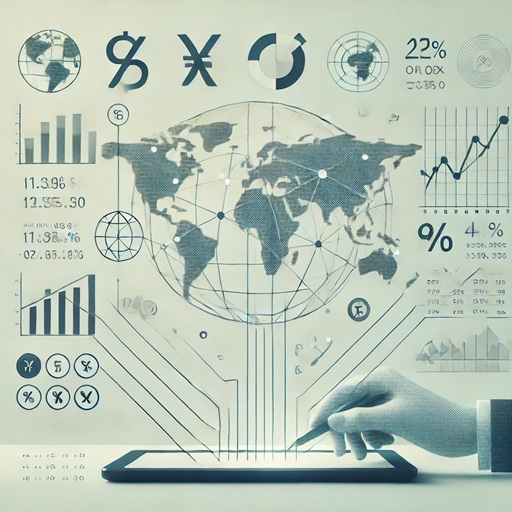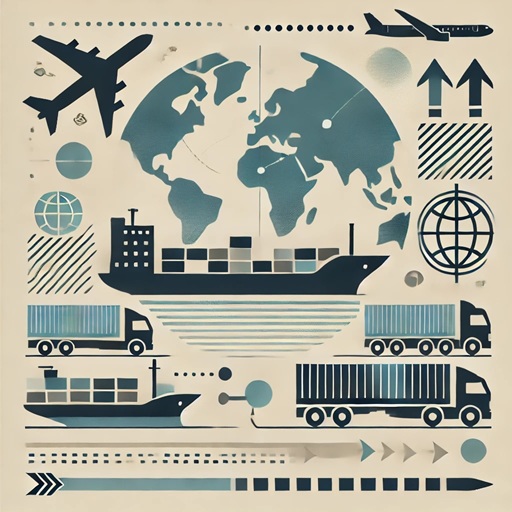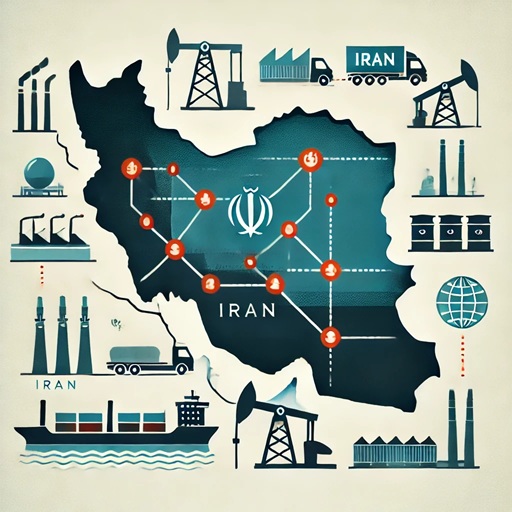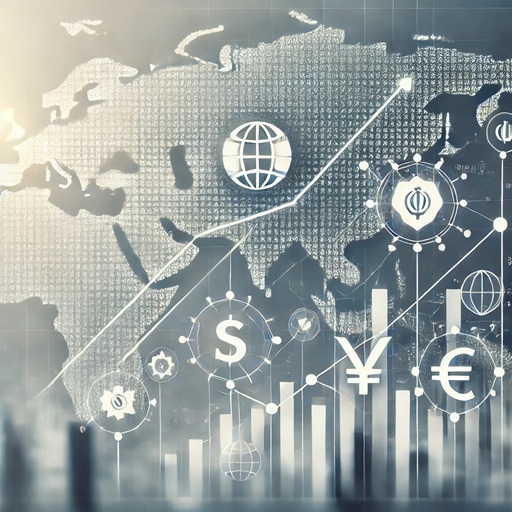Economic dynamics affect every aspect of our lives, from the cost of goods and services to global trade and investment opportunities. Staying informed about daily economic trends helps individuals and businesses make better decisions. In this article, we will explore key components of the global economy, discuss notable trends, and provide actionable insights for everyday use.
- The Importance of Understanding Daily Economic Trends
Economic indicators and trends provide a snapshot of the current state of the economy and help predict future movements. Key reasons to stay updated include:
- Informed Decision-Making: Whether you are an investor, a business owner, or a consumer, knowing economic trends enables better planning and risk management.
- Market Opportunities: Identifying growth sectors and opportunities in the market requires an awareness of economic conditions.
- Risk Mitigation: Recognizing potential downturns or market volatility allows for strategic adjustments to minimize losses.
- Key Economic Indicators to Watch
Several indicators provide valuable insights into the economy’s health:
- Gross Domestic Product (GDP): Measures the total value of goods and services produced in a country. Rising GDP generally signals economic growth.
- Inflation Rates: Indicates the rate at which prices for goods and services rise. Moderate inflation is normal, but high inflation reduces purchasing power.
- Unemployment Rates: Reflects the percentage of the workforce that is unemployed but actively seeking work. Low unemployment suggests a strong economy.
- Consumer Confidence Index: Gauges public sentiment about the economy, influencing spending and investment decisions.
- Recent Global Economic Trends
Understanding current trends is crucial for businesses and individuals to adapt to changing environments. Notable trends include:
- Digital Transformation: The adoption of digital technologies has accelerated across industries, reshaping operations and customer engagement.
- Supply Chain Disruptions: Events like pandemics and geopolitical conflicts have highlighted vulnerabilities in global supply chains, prompting shifts toward regionalization and diversification.
- Sustainable Practices: Companies and governments increasingly prioritize sustainability, driving innovations in green energy and eco-friendly products.
- Rising Interest Rates: Central banks worldwide have been increasing interest rates to combat inflation, impacting borrowing costs and investment decisions.
- Practical Economic Tips for Businesses
Businesses can navigate economic changes effectively by implementing these strategies:
- Diversify Revenue Streams: Reduce dependency on a single product or market to safeguard against volatility.
- Monitor Cash Flow: Maintain a healthy cash reserve to manage unforeseen expenses and seize growth opportunities.
- Invest in Technology: Streamline operations and improve efficiency by adopting advanced tools and systems.
- Stay Agile: Be prepared to pivot strategies in response to changing economic conditions.
- How Individuals Can Benefit from Economic Awareness
For individuals, understanding daily economic trends translates into better financial decisions. Here’s how:
- Budgeting: Adjust budgets to account for inflation or changes in income.
- Investing: Identify opportunities in growing industries or asset classes.
- Career Planning: Focus on skills and industries that are in demand in the current economic climate.
- Tools and Resources for Staying Updated
Accessing reliable information is essential for staying informed. Recommended resources include:
- Financial News Platforms: Websites like Bloomberg, Reuters, and CNBC provide real-time updates.
- Government Reports: Data from central banks, labor departments, and trade organizations offer detailed insights.
- Economic Calendars: Tools that highlight upcoming reports and events impacting markets.
- Social Media and Podcasts: Follow trusted economists and analysts for expert opinions.
- The Role of Global Events
Global events often have significant economic implications:
- Geopolitical Conflicts: Trade restrictions, sanctions, and uncertainty can disrupt markets.
- Technological Advancements: Breakthroughs in AI, blockchain, and other fields create new opportunities and challenges.
- Climate Change: Weather events and environmental policies increasingly shape economic priorities.
Staying informed about the economy is essential in today’s interconnected world. By understanding key indicators and adapting to trends, individuals and businesses can navigate challenges and seize opportunities with confidence.
References
- International Monetary Fund (IMF). (2024). World Economic Outlook Reports.
- World Bank. (2024). Global Economic Prospects.
- Harvard Business Review: Insights on Digital Transformation (2024).
- CNBC: Financial Market Updates and Economic News.
- United Nations: Reports on Climate Change and Sustainability.














